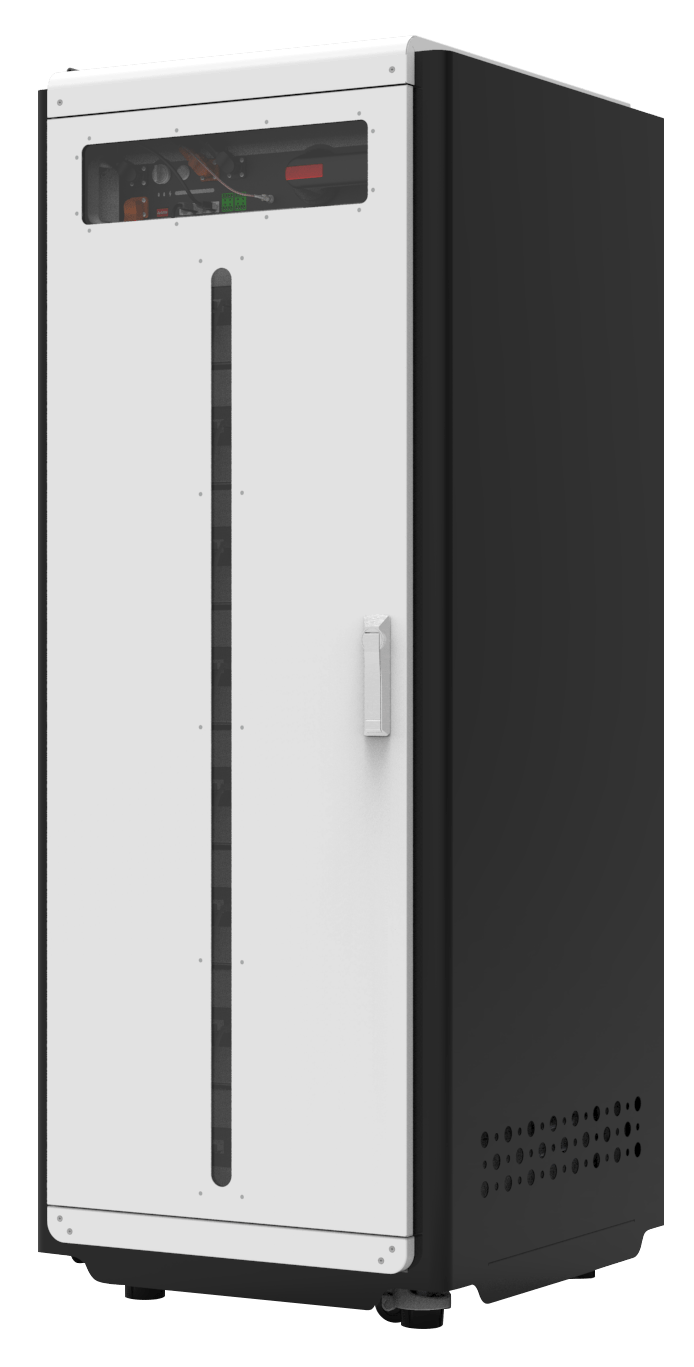
The HV48100 is an IP20 protection grade cabinet distributed energy storage system that integrates a high voltage battery pack, a high voltage control box, and a battery management system. Familiarizing oneself with the system's design and operation is the first step towards ensuring a safe installation process.

High voltage batteries, such as the HV battery pack in the HV48100 system, carry significant electrical energy. Electrical safety is paramount during installation. All personnel involved in the installation must be trained in electrical safety practices and must follow the guidelines provided by the manufacturer. This includes the use of personal protective equipment (PPE) such as insulated gloves, safety glasses, and flame-resistant clothing.
Proper grounding and bonding are essential to prevent electrical hazards. The HV battery pack and all associated metal parts of the HV48100 system must be grounded to a reliable earth connection. This reduces the risk of electrical shock and equipment damage due to voltage surges or faults.
High voltage batteries can generate heat during operation, and it is crucial to ensure adequate ventilation during installation. The installation area should be well-ventilated to prevent the buildup of hazardous gases or excessive heat. Fire safety measures, including the availability of fire extinguishers rated for electrical fires, should be in place.
The structural integrity of the HV48100 system must be maintained during installation. This includes ensuring that the high voltage battery pack is securely fastened and that all connections are tight and properly torqued. Loose or improperly secured components can lead to system failure or safety hazards.
The BMS is a critical component of the HV48100 system that monitors and manages the high voltage battery pack. During installation, it is essential to ensure that the BMS is correctly configured and calibrated. This system is responsible for monitoring battery health, preventing overcharging and over-discharging, and maintaining optimal battery performance.
During the installation process, it is necessary to isolate the HV battery pack from the electrical grid to prevent the risk of electric shock or system damage.
After the installation of the HV48100 high voltage battery system, thorough electrical testing must be conducted. This includes testing the continuity of circuits, checking for any shorts or open circuits, and verifying the proper operation of the BMS.
Once the HV48100 high voltage battery system is installed, regular maintenance and inspections must be conducted to ensure ongoing safety. This includes checking the condition of the high voltage battery pack, inspecting connections for corrosion or damage, and verifying the functionality of the BMS.
https://www.pytesess.com/industry/Calculating-the-ROI-of-High-Voltage-Lithium-Ion-Batteries.html